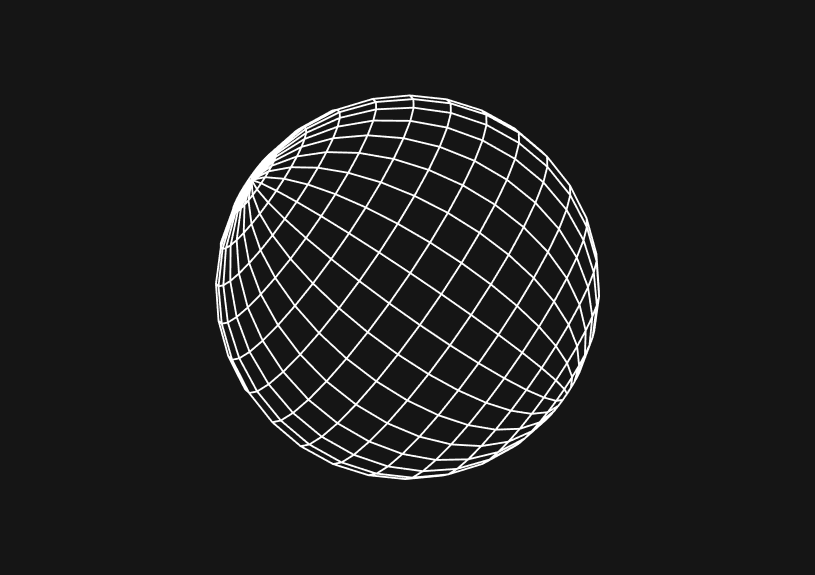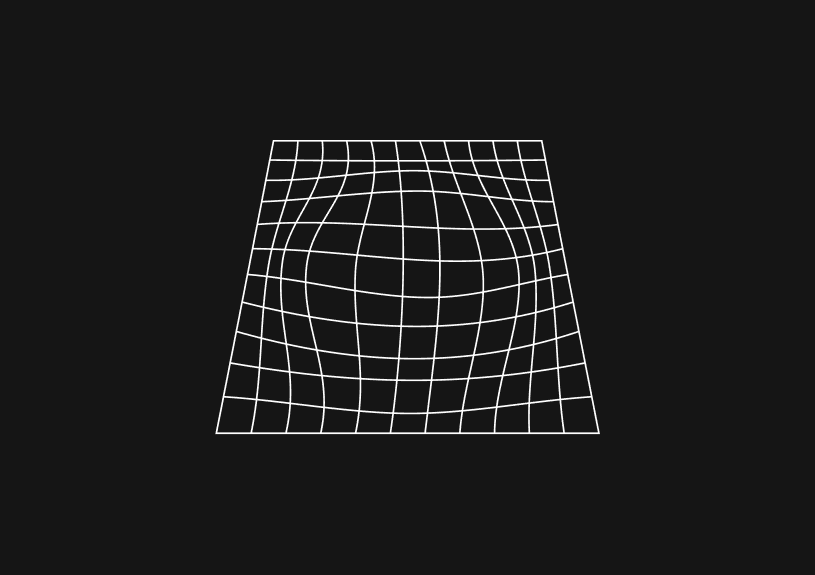
How to fix the 'push is not a function' error
The ".push is not a function" error occurs in JavaScript when attempting to use the push method on a variable that is not an array. This guide aims to help engineers diagnose and solve this error efficiently.
Recognize the error
The JS push method is strictly an array method. The error is thrown when the method is called on something that is not an array - this could be due to the variable being of a different type or uninitialized.
Check the variable type
First, confirm that the variable you're attempting to push onto is indeed an array.
if (Array.isArray(myVariable)) { myVariable.push(item); } else { console.error('myVariable is not an array'); }
Ensure proper initialization
Variables must be initialized as arrays before using the push method.
let myArray = []; // Correctly initialized as an array myArray.push('new item');
Incorrect initializations to look out for:
let myArray; // Undefined let myArray = {}; // Initialized as an object let myArray = null; // Initialized as null
Review the variable assignment
A variable may have been reassigned to a non-array type. Trace back to see if the variable has been changed and ensure it remains an array throughout its lifecycle.
Watch for method chaining
When chaining methods, ensure that each method returns an array if you plan to call push subsequently.
let myArray = ['first']; // Incorrect chaining let anotherArray = myArray.map(item => item.toUpperCase()).push('second'); // Correct chaining let anotherArray = myArray.map(item => item.toUpperCase()); anotherArray.push('second');
Look for shadowing issues
Variable shadowing occurs when a variable in a local scope uses the same name as a variable in the outer scope.
let myArray = [1, 2, 3]; function myFunction() { let myArray = 42; // This 'myArray' is not an array myArray.push(4); // Will throw an error }
Consider the environment
Some JavaScript environments or versions may not support Array.prototype.push. For example, ECMAScript 3 does not support it in strict mode.
Handle TypeScript type assertions
If using TypeScript, ensure that your type assertions are correct.
let myArray: any = []; // later on (myArray as string).push('new item'); // This will cause an error
Instead, assert the variable as an array:
(myArray as any[]).push('new item');
Inspect third-party code
If using external libraries, check their documentation to ensure that the methods you are using return arrays when expected.
Debugging strategies
Implement console.log or breakpoints to inspect the type of your variable before the push operation.
console.log(typeof myArray); // Should log 'object' since arrays are objects console.log(Array.isArray(myArray)); // Should log true if it's an array
Unit tests
Write unit tests to verify the type and integrity of the variables throughout their lifecycle.
describe('Array operations', () => { it('should push items to the array', () => { let myArray = []; myArray.push('item'); expect(Array.isArray(myArray)).toBe(true); expect(myArray).toContain('item'); }); });
Avoid mutating state
Consider using immutable data patterns to prevent accidental reassignment or mutation that could lead to type-related errors.
Use TypeScript or Flow
Leverage TypeScript or Flow for static type checking to catch these errors during the development process rather than at runtime.
Understanding and resolving the "push is not a function" error involves careful inspection of variable types and states throughout the codebase. Implementing the above strategies will aid in preventing and fixing these types of errors in JavaScript applications.
Invite only
We're building the next generation of data visualization.
How to Remove Characters from a String in JavaScript
Jeremy Sarchet
How to Sort Strings in JavaScript
Max Musing
How to Remove Spaces from a String in JavaScript
Jeremy Sarchet
Detecting Prime Numbers in JavaScript
Robert Cooper
How to Parse Boolean Values in JavaScript
Max Musing
How to Remove a Substring from a String in JavaScript
Robert Cooper






